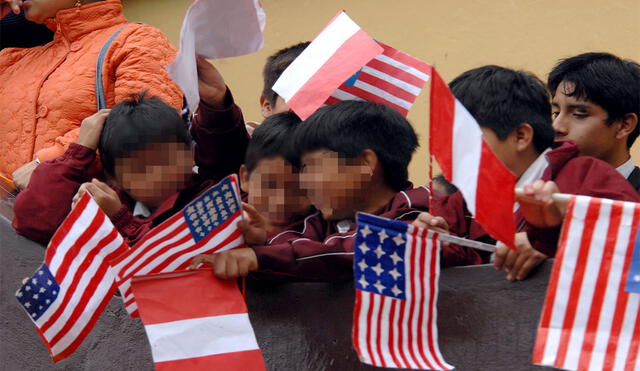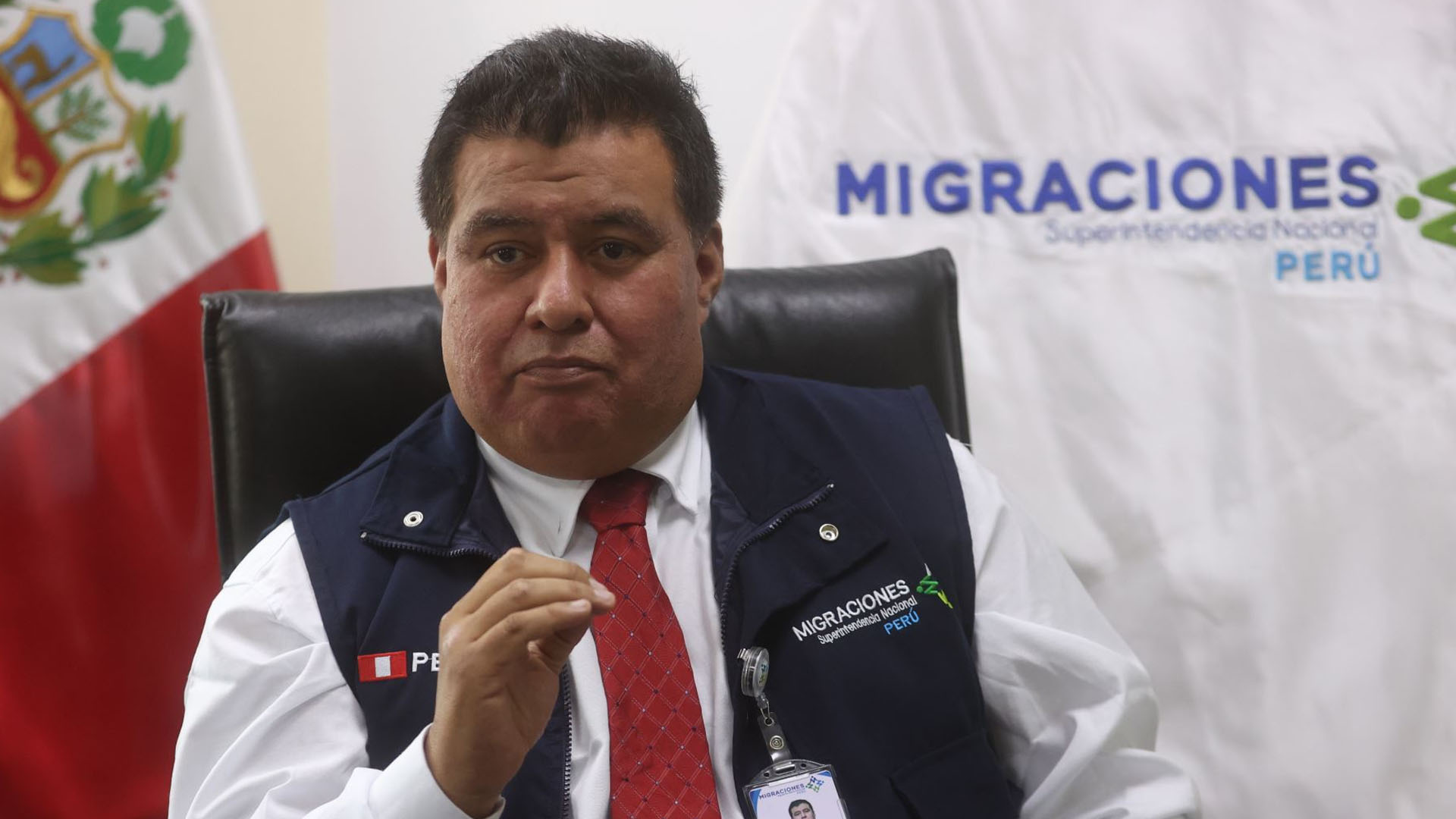Impact of deporting undocumented Peruvian parents in the U.S.: Consequences for their children
The deportation of undocumented Peruvian parents in the U.S. raises concerns about the future of their children. Experts urge families to prepare by securing legal documentation and guardianship plans to protect minors.

The tightening of immigration policies in the United States has raised growing concerns among undocumented Peruvian families. The possibility of parents being deported brings up crucial questions about the future of their children, especially those born in the U.S. Family separation and the fate of these minors have become central topics of discussion and analysis.
Peruvian authorities and human rights organizations emphasize the importance of parents taking preventive measures to protect their children in case of deportation. This includes registering minors at the Peruvian consulate and obtaining Peruvian passports, making it easier for them to be relocated if necessary. Additionally, parents are advised to designate a trusted guardian who can assume temporary custody to prevent children from ending up in U.S. social services.

ALSO SEE: Trump’s deportation strategy: The 7 Latin American countries with the most expelled Immigrants
Educational rights of migrant children in the U.S.
Despite strict immigration policies, all children in the U.S., regardless of their immigration status, have the right to public education. The Supreme Court ruling in Plyler v. Doe (1982) ensures that schools cannot deny admission to any student based on immigration status.
Furthermore, the Family Educational Rights and Privacy Act (FERPA) protects student information, preventing schools from sharing data without a court order. Several school districts have implemented policies to protect students and their families, ensuring that immigration authorities cannot access them without proper legal authorization.

Peruvian children and the U.S. Army. Photo: Army.mil.

ALSO SEE: Essential Guide for Immigrants: How to Protect Your Rights During ICE Detentions in the U.S.
Preparation and resources for families at risk of deportation
In this situation, Jorge Fernandez, Superintendent of Migraciones from Perú, explained that deportation orders affect only the person named in the resolution. However, in cases where the deportees have children born in the United States, it’s essential that they take precautions to prevent the minors from being left in the custody of the U.S. social service. “It is important that parents register their children at the consulate and process their Peruvian passport if they plan to leave the country with them,” said Fernandez during an interview with Exitosa, a Peruvian radio station.

Jorge Fernández, Superintendent of Migraciones from Perú. Photo: Infobae.
Undocumented families must develop a contingency plan in case of deportation. This includes preparing legal documents that designate a temporary guardian for their children, ensuring that a trusted person can take custody in case of an emergency.